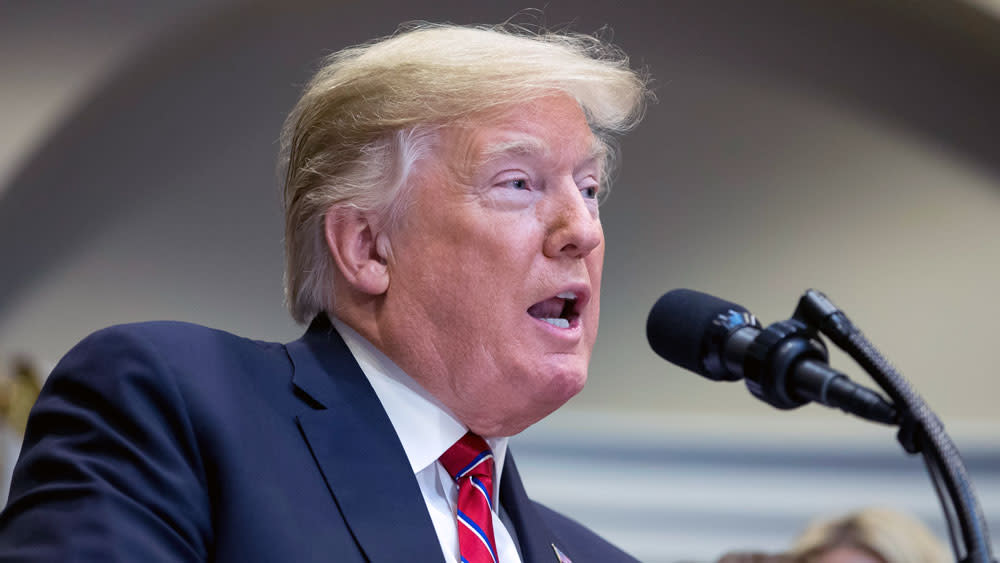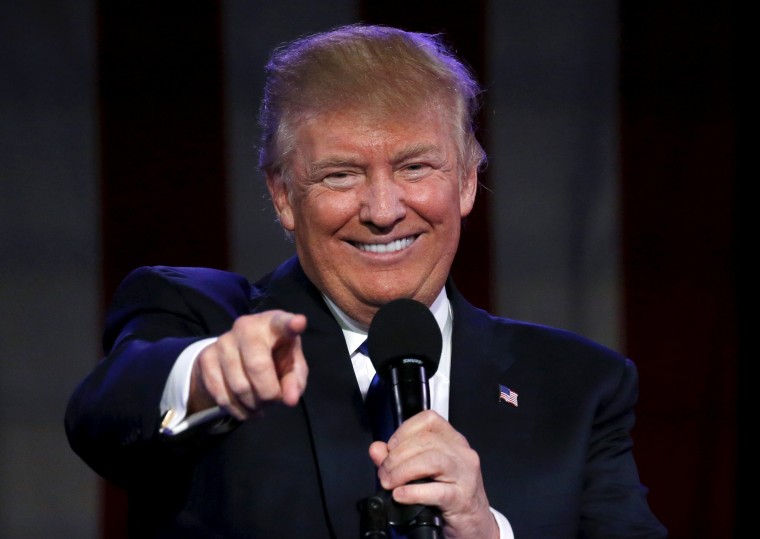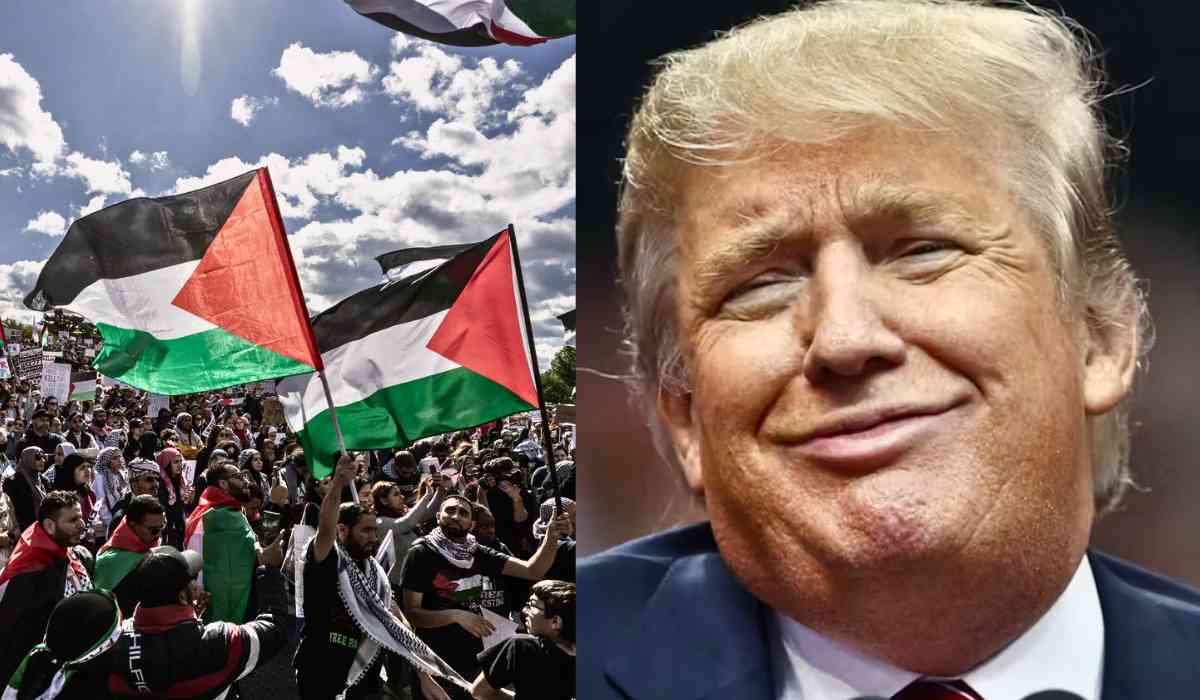In a dramatic shift, the United States is reportedly preparing to recognize Palestine as a state-a move that could reshape the Middle East and global diplomacy. This decision, expected to be announced by President Donald Trump during a major Gulf-US summit in Saudi Arabia, has sparked intense debate and speculation worldwide.
America’s Historic Stance

For decades, the US has been a strong ally of Israel and has avoided officially recognizing Palestine as a state. Instead, the US has supported peace talks between Israelis and Palestinians, insisting that statehood should only come through direct negotiations, not unilateral recognition. This approach was rooted in several factors:
-
Close US-Israel Ties: The US has long viewed Israel as a key partner in the Middle East, providing it with military and economic support.
-
Palestinian Political Divisions: The US has been concerned about the split between the Palestinian Authority in the West Bank and Hamas in Gaza, questioning who would govern a future state.
-
International Disagreement: While more than 140 countries recognize Palestine, the US and several Western nations have held back, arguing that recognition should follow a negotiated peace deal.
What Changed in 2025?

Several recent developments have pushed the US toward a new position:
-
Growing International Recognition: As of 2025, 147 countries-about 75% of UN members-recognize Palestine as a state. This includes new recognitions from European countries like Norway, Ireland, and Spain, as well as several Caribbean nations.
-
UN Conference on Two-State Solution: In June 2025, the UN is holding a high-level conference aimed at charting a clear path to a two-state solution and encouraging more countries to recognize Palestine. France and Saudi Arabia, co-chairs of the conference, have openly stated that one goal is to achieve broad recognition for Palestinian statehood.
-
Pressure from Arab Allies: Saudi Arabia and other Gulf states have made it clear that progress on Palestinian statehood is a key demand for deeper cooperation with Israel and the US, including on economic and security issues.
-
Changing US Domestic Politics: There is growing support within the US for a more balanced approach to the Israeli-Palestinian conflict. Advocates argue that recognizing Palestine could help restore America’s credibility as a fair mediator and align the US with most of the world.
What Is Expected to Happen?

According to diplomatic sources, President Trump is preparing to announce US recognition of a Palestinian state during the Gulf-US summit in Riyadh. However, reports suggest that this recognition might come with conditions-such as the exclusion of Hamas from the Palestinian government.
The summit is also expected to feature major economic and security deals between the US and Gulf countries, showing how intertwined the issues of peace, security, and recognition have become.
Why Now?
1. International Momentum: The global tide has shifted toward recognizing Palestine. Most countries now support Palestinian statehood, and the UN is taking active steps to make it a reality.
2. Strategic Interests: America’s Arab allies, especially Saudi Arabia, want progress on Palestine as a condition for closer ties with Israel and the US. Recognizing Palestine could unlock new economic and security partnerships in the region.
3. Rebuilding US Credibility: After years of being seen as one-sided, US recognition of Palestine could restore its reputation as a fair broker in the Middle East, potentially opening the door to renewed peace talks.
4. Domestic and Global Image: With growing calls for justice and equality worldwide, the US may see recognition as a way to stand “on the right side of history,” appealing to younger and more diverse voters at home and improving its image abroad.
What Are the Risks and Challenges?

-
Israeli Opposition: Israel’s current government strongly opposes Palestinian statehood, arguing it threatens its security and undermines negotiations.
-
Internal Palestinian Divisions: The US may only recognize a Palestinian state led by the Palestinian Authority, excluding Hamas, which could complicate unity among Palestinians.
-
Uncertain Peace Process: Some fear that recognition without a negotiated agreement could make peace harder to achieve, while others believe it could jumpstart stalled talks.
A Turning Point, But Not the End

America’s expected recognition of Palestine marks a major turning point in one of the world’s longest-running conflicts. While it will not solve all the issues overnight, it signals a new chapter in US policy and could reshape the future of the Middle East. The world will be watching closely to see if this move brings the region closer to lasting peace-or ushers in a new era of uncertainty.
With inputs from agencies
Image Source: Multiple agencies
©️ Copyright 2025. All Rights Reserved Powered by Vygr Media.

























